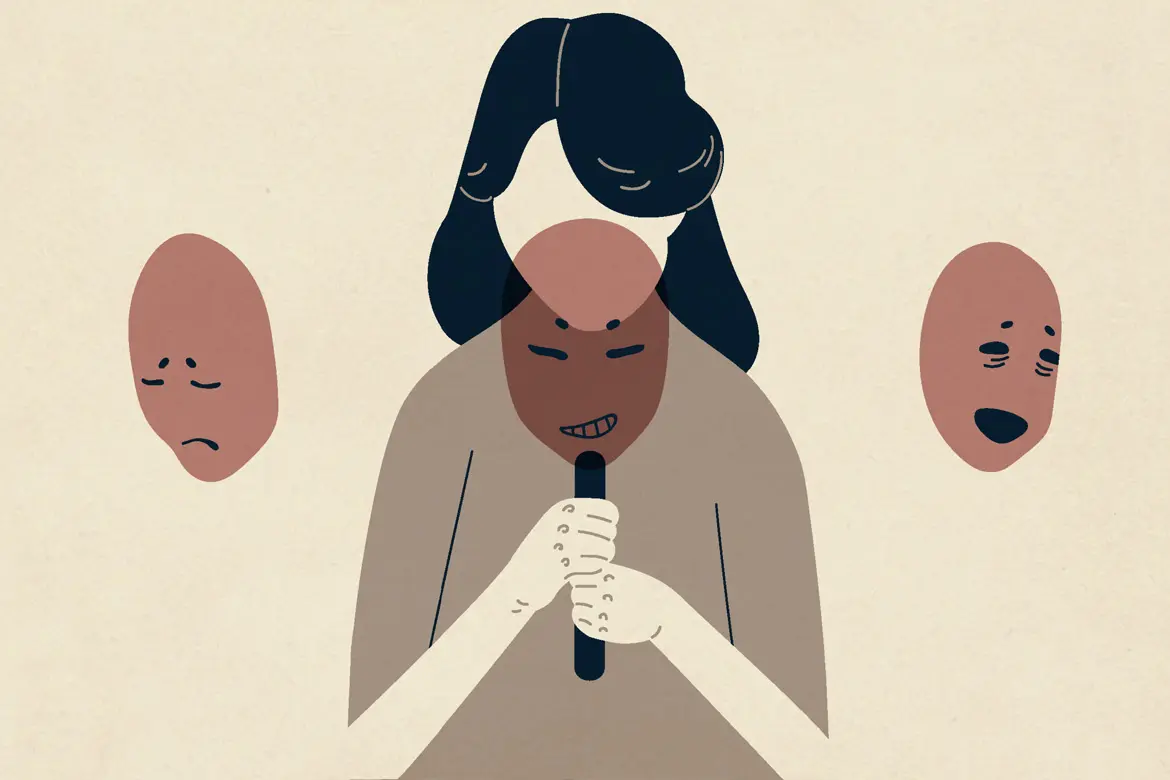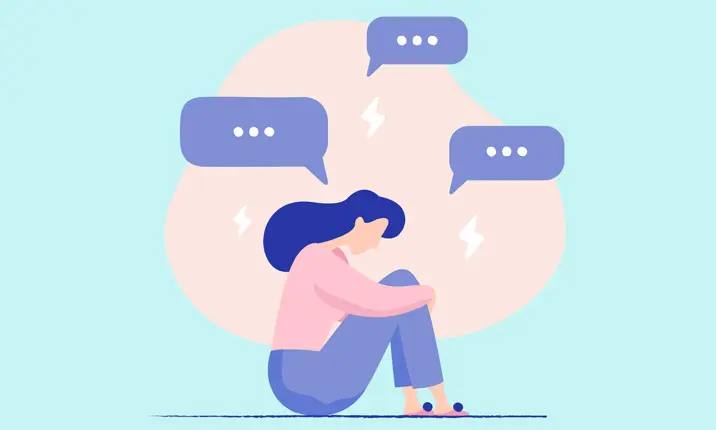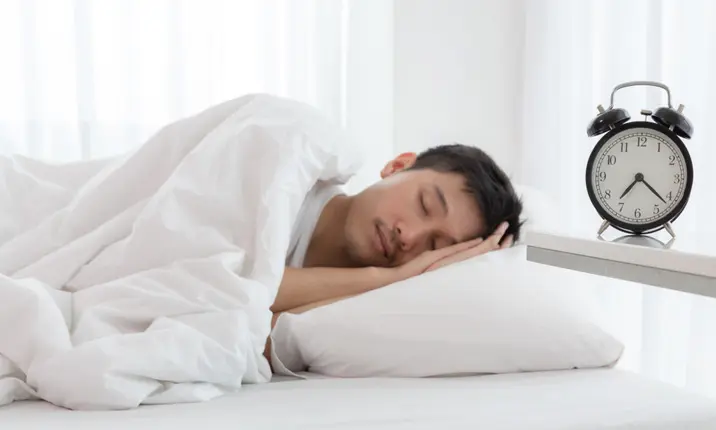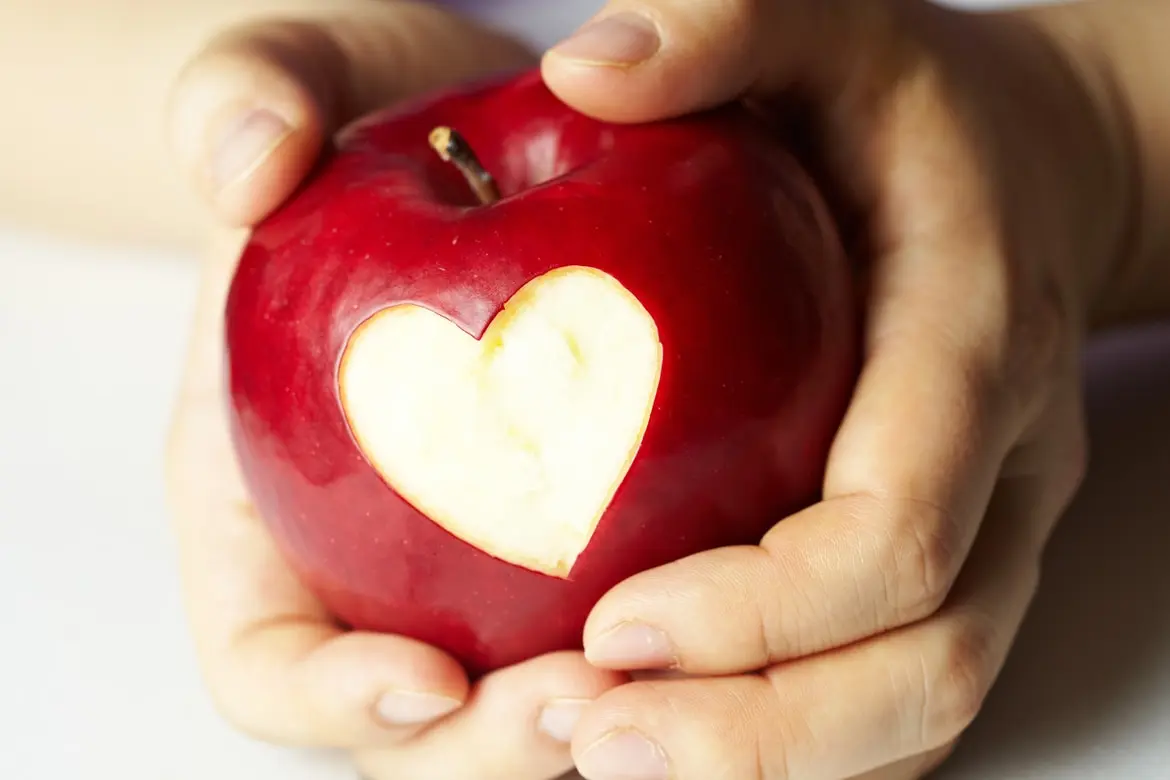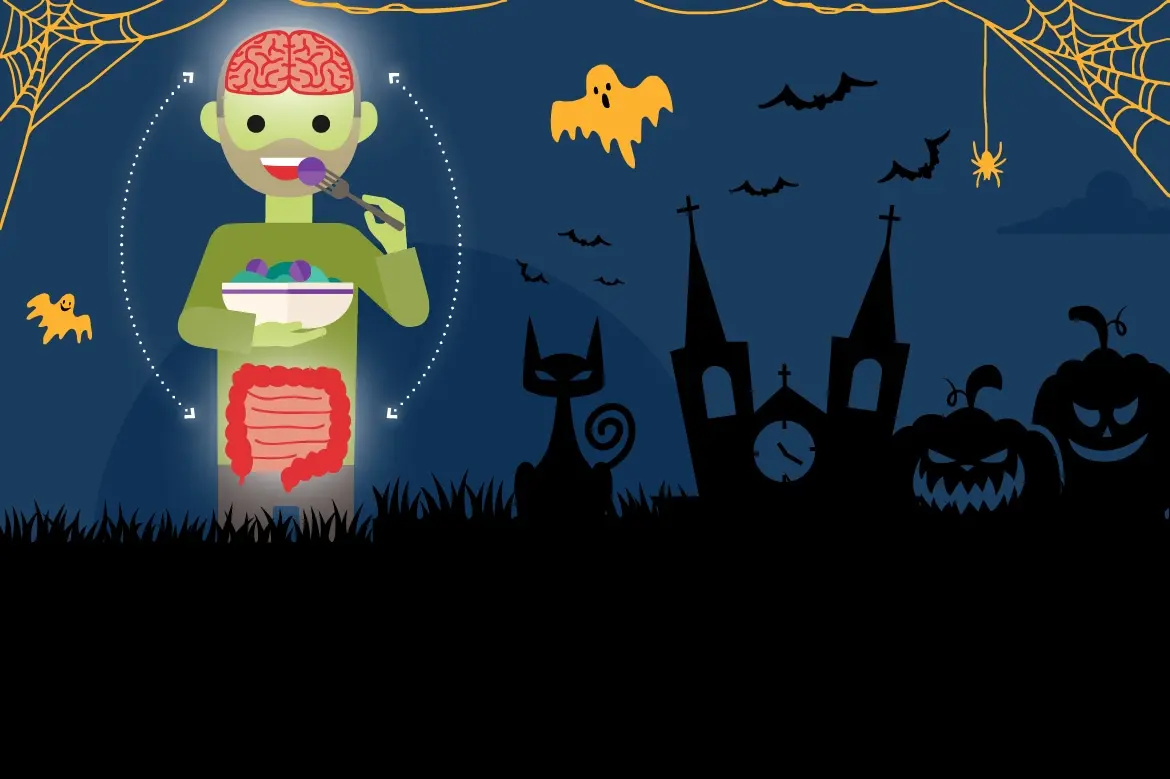Although society today is more open to the topic of mental health, clinical depression is still one of the most misunderstood disorders. The general public mostly sees the emotional side of depression, which is observed when the person is acting out or not acting like themselves. You may have heard phrases such as "it's just a phase" or "it's all in your head". That couldn't be farther from the truth.
Depression is a real disease that takes time and treatment to manage. There are also sub disorders that will have different symptom intensities and causes.
Here are the different types of depression:
- Atypical Depression
- Bipolar Disorder
- Major Depression
- Peripartum Depression (postpartum)
- Persistent Depressive Disorder
- Premenstrual Dysphoric Disorder (PMDD)
- Psychotic Depression
- Seasonal Affective Disorder (SAD)
- 'Situational' Depression
How can you tell if you have depression?
Having depression and feeling depressed are not the same. Depression is a mood disorder that causes a persistent feeling of sadness and loss of interest. It affects how you feel, think and behave and can lead to a variety of emotional and physical problems. You may have trouble doing normal day-to-day activities, and sometimes you may feel as if life isn't worth living.
Depression often varies according to age and gender, with symptoms differing between men and women, or young people and older adults. Knowing what type of depression you have can help you manage your symptoms and get the most effective treatment. It is important for you to reach out to your doctor to diagnose your condition especially if it is affecting your personal and work relationships.
Other than physical checks, your doctor will ask questions about the way you feel, including whether you have symptoms of depression such as:
- Sadness or a depressed mood most of the day or almost every day
- Loss of enjoyment in things that were once pleasurable
- Major change in weight
- Insomnia or excessive sleep almost every day
- Physical restlessness or a sense of being rundown that is noticeable by others
- Fatigue or loss of energy almost every day
- Feelings of hopelessness or worthlessness or excessive guilt almost every day
- Problems with concentration or making decisions almost every day
- Recurring thoughts of death or suicide, suicide plan, or suicide attempts
How to cope with depression?
1. Remind yourself that depression is an illness
When dealing with depression, it can be difficult to think of your condition as an illness. Instead, you may find yourself treating it as a personal defect that you need to overcome. This perspective is often very unhealthy and may worsen the symptoms of depression.
By accepting that the condition is, in fact, an illness, it will help you to react with less fear when your symptoms present themselves. Your symptoms will actually start to make sense within the context of depression as a legitimate medical condition.
2. Know your red flags
It is vital to understand what your thoughts and behaviours are like when you start to spiral downward into a depressive episode. By acknowledging your thoughts and feelings, you are able to catch yourself before your symptoms worsen. Here are a few red flags to watch out for:
- "Nobody understands me"
- "Everyone else has it easier than me"
- "I will never get over this"
- "I'll never be good enough"
- "Nothing matters anymore"
It is important to note that everyone's thoughts and behaviours vary and you should be aware of your own red flags.
3. Learn as much as you can
Helplessness is one of the worst feelings associated with depression. Though untrue, you may feel as if you have zero control over every aspect of your life. Learning as much as you can about your condition can actually empower you. Here are a few ways you can better equip yourself for your battle against depression:
- Seek out reputable, trusted doctors and therapists to help you
- Look out for potential problems that may arise from medication (reading up on the potential side effects of your prescribed medication)
- Practise coping skills to improve your mood
- Get support from other individuals facing the same problems as you
4. Talk to a loved one
Your support group is important in all aspects of life, particularly when dealing with any mental illness. There are many ways your loved ones can help you through this process. They can:
- Ensure that you are taking your prescribed medication
- Offer to accompany you to therapist appointments
- Talk to doctors and therapists on your behalf when you don't feel comfortable
- Provide financial help as therapy and medications are expensive and may not be covered by insurance
- Be there for you when you need them the most
5. Get active
Exercise is one of the best ways to manage depression. Research proves that physical activity reduces and relieves symptoms of depression. Exercise can also be a social activity. You may enjoy a workout class or group programme as these settings encourage connectedness, which can boost your emotional well-being.
6. Seek out therapy
Psychotherapy may help you deal with depression. Through regular sessions, you will learn about the root cause of your depression. You can then take action to make changes in your life that can help you cope with your condition.
7. Avoid drugs and alcohol
While it is true that drugs and alcohol may help you forget your condition temporarily, it can actually make your depression worse. In addition, many antidepressant drugs react negatively with drugs and alcohol, which can put you in life-threatening danger.
8. Sleep well
Sufficient sleep can provide benefits for both your physical and mental health. Getting enough sleep can dramatically increase brain functionality as well as speed up recovery.
9. Start writing in a journal
When dealing with depression, it is easy to get lost in the thought that each day is as terrible as the last. However, by documenting your day-to-day life, you start to see how some days are better than others. This makes a huge difference both emotionally and mentally.
10. Your depression doesn't define you
Depression impacts your thoughts and makes it excruciatingly difficult to appreciate the whole picture of who you are. Nonetheless, you have to remind yourself that you are not your depression.
Without knowing what you are dealing with, it can be hard to find the right treatment for your depression. Your family doctor might be the first professional to recognise your depression. However, while your doctor can prescribe antidepressants, it's a good idea to explore your options with a mental health professional who specialises in depression. You might end up working with a therapist and not needing medication at all. If you do need medication, a psychiatrist has advanced training and experience in depression, treatments, and medications.
